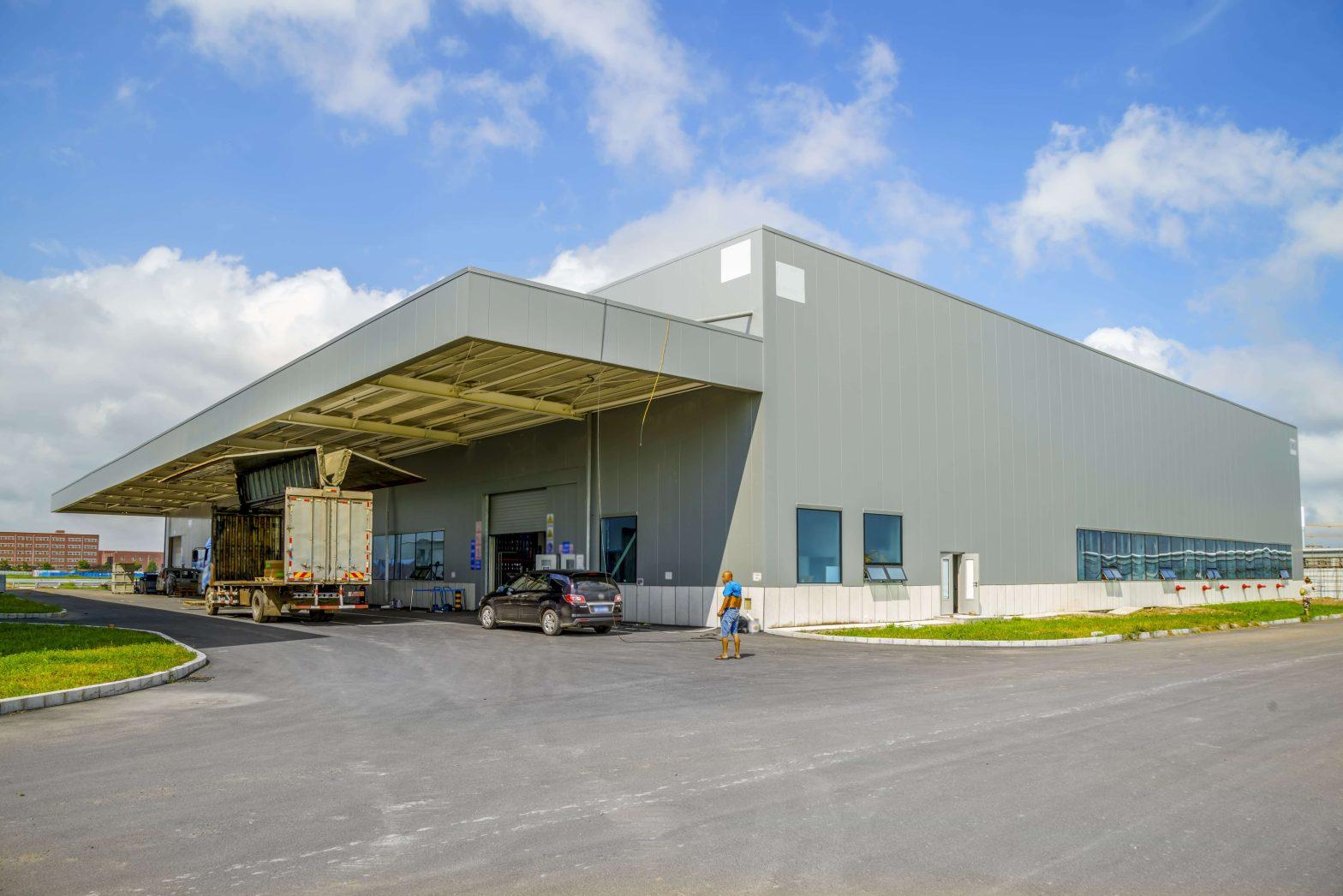Office, mall, multi-family (apartments), hotels, land, specialty use, and industrial real estate are all sub-categories of commercial real estate (CRE). This blog by Lilypads focuses on the possible benefits of investing in Industrial real estate to expand their investment portfolio.
Why are investors investing in Industrial Real Estate?
As opposed to residential real estate, the industrial real estate market is emerging as the more rewarding investment option because of numerous benefits. Not only will you obtain regular cash flow and larger returns from industrial real estate investment, but you can also pay off your loans faster than you would with residential real estate investments. An industrial real estate is a form of commercial property that delivers effective and efficient space that comes with a wide range of options. Industrial real estate investing can be very lucrative for real estate investors.
Benefits of investing in Industrial Real Estate
Investing in industrial real estate has a number of benefits. We will explore those advantages below:
1. Higher diversity:
When it comes to industrial real estate investing, the rule of thumb is to never put all of your eggs in one basket. Hence, when you invest in industrial real estate, you get the ability to adjust to changing market demand. For instance, when the demand for warehouses in a certain location is low, but the demand for storage facilities is high, an industrial asset can offer itself as either. This means that even if one asset class is underperforming due to inflation or other economic factors, another section of your portfolio will continue to perform well.
2. Greater demand:
Industrial assets, on average, lie vacant for significantly less time than other types of commercial real estate, owing to the aforementioned versatility. Because almost every product we meet has been through an industrial property to some degree, demand for these property types remains high. In other words, these traits are needed. This isn’t likely to change anytime soon, as e-commerce keeps growing, necessitating the expansion of larger-scale fulfillment centers.
3. Stable and inevitable cash flow:
Most industrial real estate investments entail establishing a longer lease deal with a single tenant, with the exception of Flex Industrial buildings, which are virtually always multi-tenant. These lease terms can last up to 20 years and provide various possibilities for renewal. In addition, the lease will almost always include provisions for rent increases each year. Long-term leases with yearly rent hikes provide investors with consistent and predictable cash flow.
4. Hassle-free passive income:
Investing in industrial real estate creates a more consistent income than other side hustles. To keep your residential property competitive in the market, you’ll need to invest in regular maintenance, upgrades, and enhancements. Investing in industrial real estate, on the other hand, takes the burden off those who have a full-time job. They require less upkeep and have lower vacancy rates, ensuring a consistent, long-term income.
5. Low maintenance cost:
Having a commercial property comes with its own set of expenses. Throughout the course of your possession, updates, repairs, and restorations are necessary. However, they are both expensive and time-consuming. Industrial real estate, on the other hand, takes considerably less maintenance than other types of property. But, since most industrial sites are large, open spaces with concrete block floors and high, exposed ceilings, they don’t require additional expenses like carpeting, insulation, or high-end fittings.
6. Higher rental yields:
The traditional office building offers roughly 5% returns on investment and retail delivers even greater yields of around 6%. But, industrial real estate outperforms both these asset classes. Industrial space yields range from 6-7.5 percent, making these forms of commercial real estate investments a no-brainer!
7. Stronger tenant responsibilities:
In the event of mishaps or accidents, residential tenants are less likely to make repairs to your property. That is not the situation with industrial real estate renters. Renters of industrial buildings will have a greater sense of responsibility for it. This suggests they’ve put a lot more money into the property because it’s a reflection of their business.
8. Less market saturation risks:
When it comes to industrial investments, there’s a lower chance of overabundance of industrial properties and market saturation. In the real estate market, there are numerous factors that drive buyer and tenant attitudes. Inflation, interest rates, and consumer lifestyle changes are all manifestations of this. There will always be a need for industrial space as long as people continue to buy products (of all kinds), making it an even safer investment option.
9. Easier to liquidate:
You’re considerably less likely to find yourself in a scenario where you can’t sell due to the continued high demand for this form of business property. Industrial properties are more likely than other forms of real estate investments to stay on the market for a short timespan, offering them a much easier method to get cash fast.
10. Flexibility and technological advancements:
The biggest feature of industrial real estate is that it can be used for a variety of purposes. An industrial structure does not have to be primarily used for offices, storage facilities, shopping centers, production, or logistics. You can rent out all three for one firm, or you can hire numerous renters.
Today e-commerce firms strive to contact their customers in numerous locations at the same time. They’ll also need many warehouses and distribution centers to accomplish this. However, the best use of commercial property can be achieved due to automatic operations in the near future. You can enhance your monthly cash flow by pulling in higher-paying tenants if you revamp your industrial real estate assets in the next few years.
11. Potential tax benefits:
Lastly, the benefits of investing in industrial real estate will remain incomplete without mentioning its potential tax benefits. Industrial properties are depreciable business assets. And depreciation offers significant tax benefits.
Investing in industrial real estate is emerging beneficial for CRE investors
Due to predictable cash flow, better yields, cheaper maintenance, long-term tenants, and unique tax benefits, industrial real estate should be evaluated for inclusion in any investor’s portfolio. However, if you balance your benefits against the drawbacks and research the market flow properly, you’ll find that industrial real estate offers minimal risks and maximum returns in the long term. The only disadvantage is that most industrial buildings are pricey. You must have a substantial sum of money to trade. Nevertheless, the industrial investment sector is a promising sector today.

